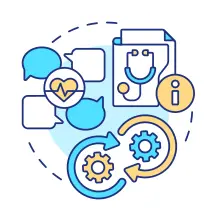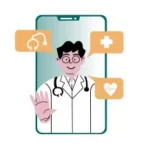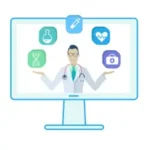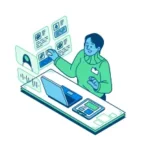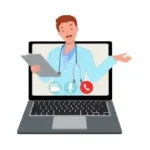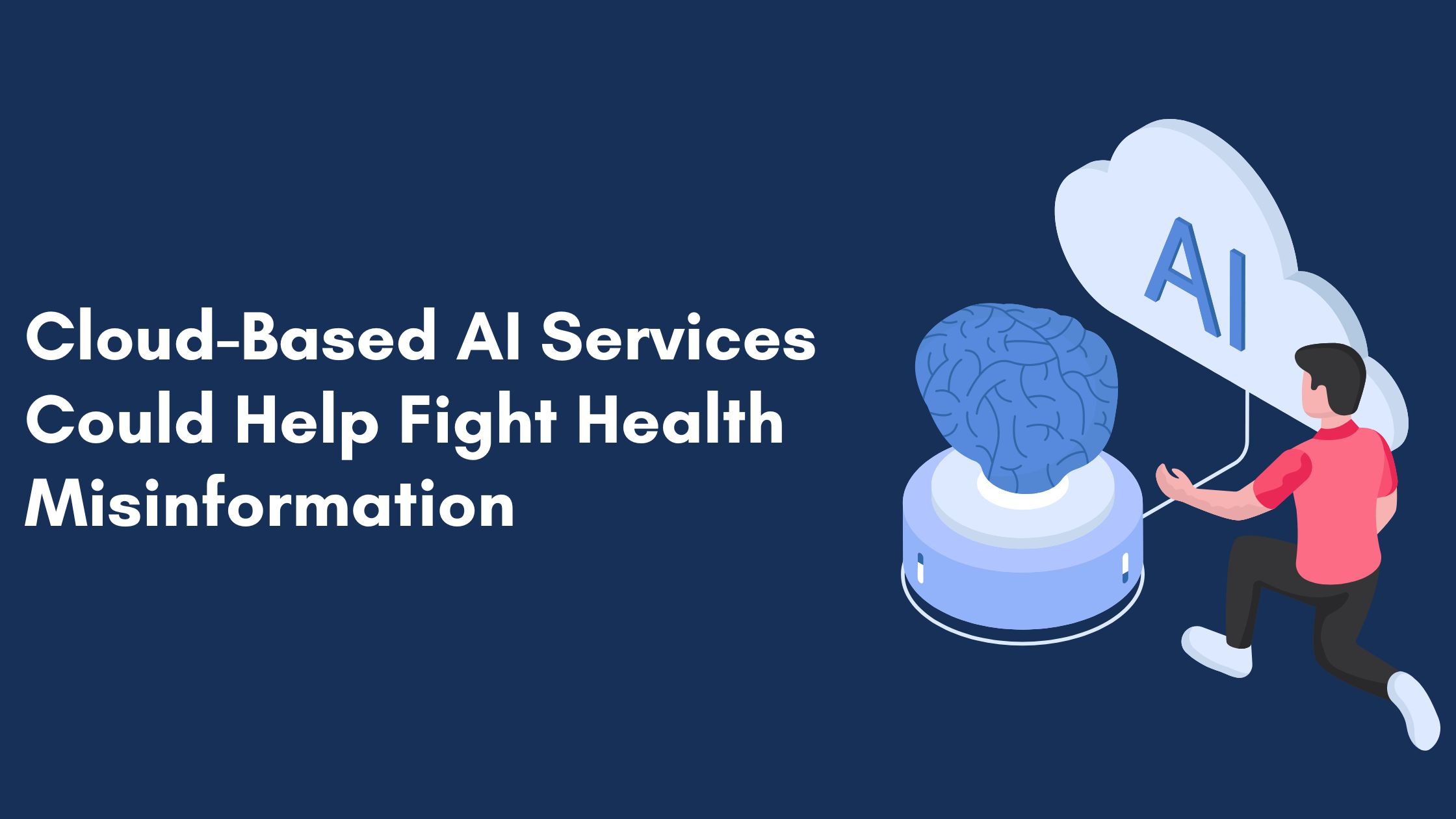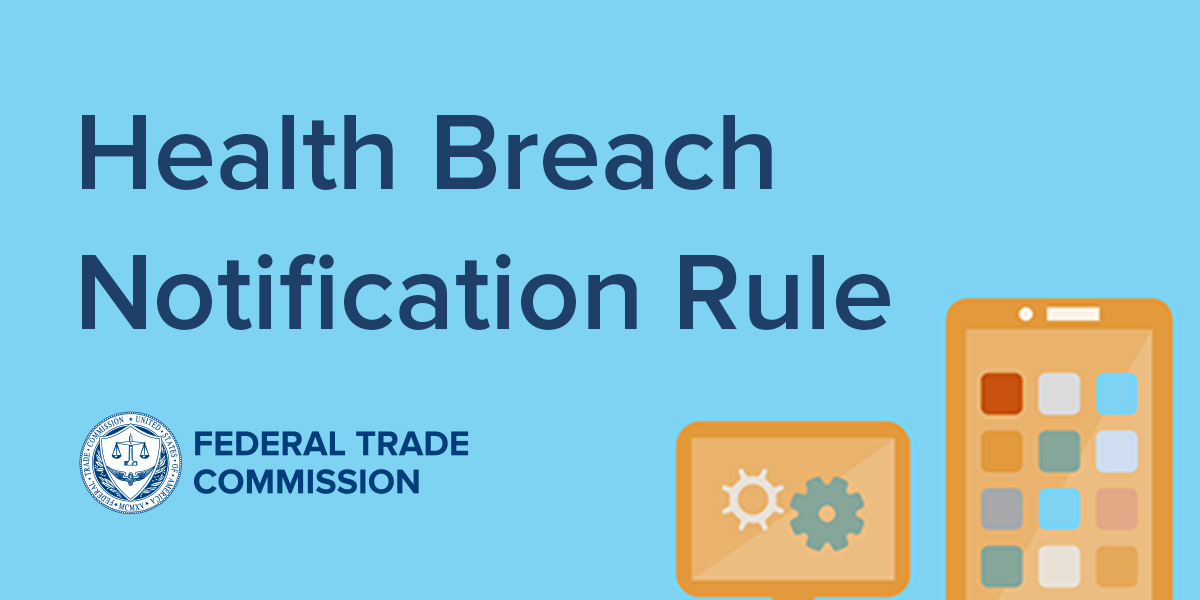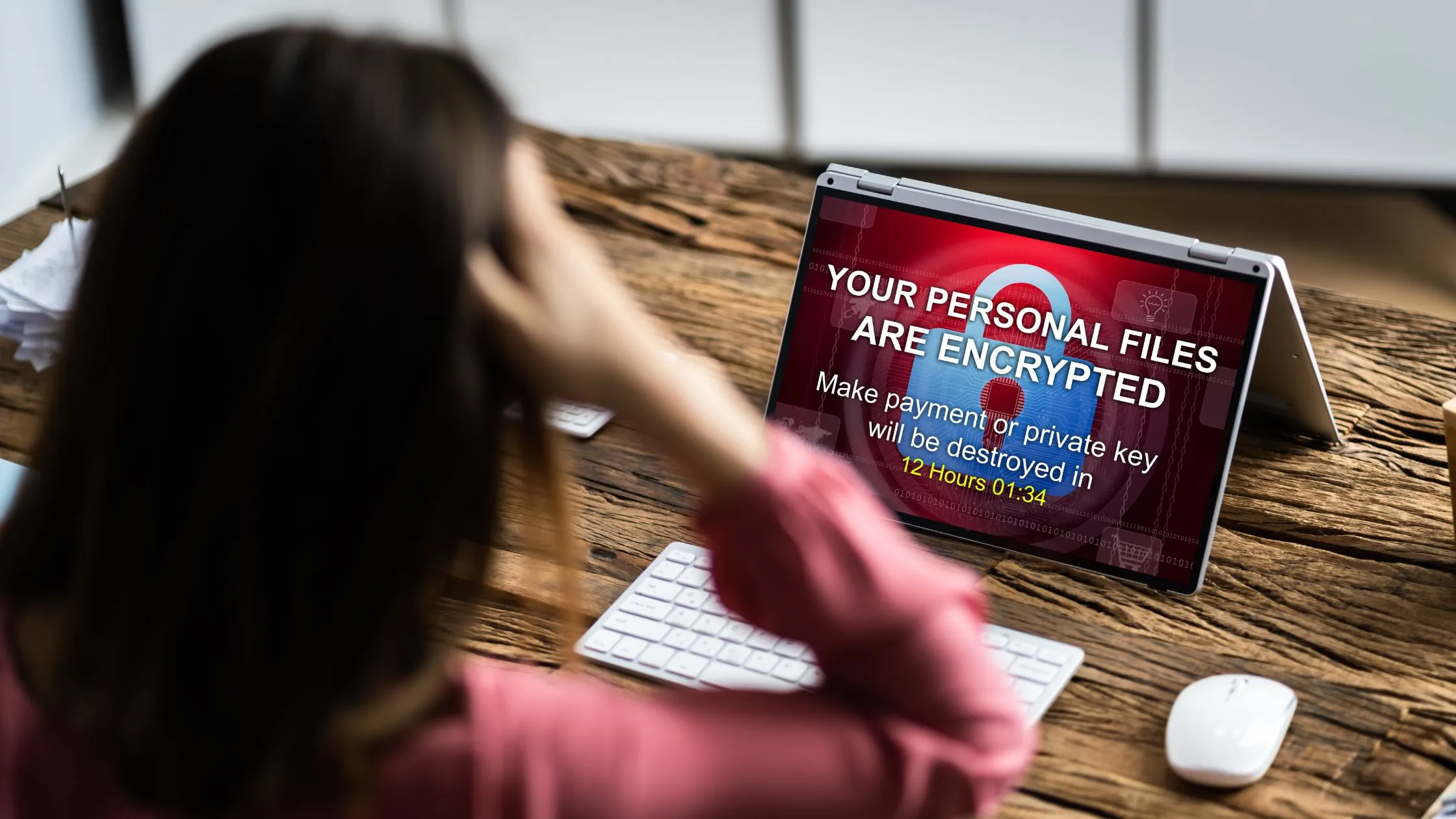- Insights
-

Events
Join us for the upcoming healthcare event to know about latest advancements and network with industry experts.

FAQ
Discover solutions for your questions about our services, events, and how to get involved with Clindcast.

Blog
Continuous learning is essential for staying relevant and adaptable in a rapidly changing healthcare world
-
- Search Talent
- Search Jobs
- Contact

How Telehealth can help Cyberchondriac population?
The word “Cyberchondria” has now gained popularity in the media since it is related with technological advancements and makes for a “good story”. With COVID-19 and consumers demand, the patients get access to their digital health because
Despite such pros, the internet holds questionable information that may spark anxiety in individuals who look up their physical symptoms on the internet. That is a challenge now.
What is Cyberchondria?
The cyberchondria definitions include an element of worry, being defined as health anxiety increased by exposure to Internet-based information. It also defined as,

As a result, cyberchondria appears to refer to online searches for health-related information rather than passive exposure to online health content. It’s critical to have a minimal level of agreement on the definition of cyberchondria.
How do you differentiate Browsing from Cyberchondria?
However, even if it is recurrent, internet browsing for health-related information which may provide reassurance or a sensation of being well informed are not considered cyberchondria.
Regardless of why a person went online, be it to hunt for medical information or an anxious reaction to the material found on the Internet, can lead to a loop of further searches and anxiety. An estimated 20% of individuals who look for medical information online experience an increase in their health problems.
Cyberchondria and COVID-19
During the COVID-19 pandemic, the Internet has become a primary source of virus-related information for those who are quarantined at home. While such Internet use might be a safety-seeking behaviour, such as researching viral infection prevention techniques, the abundance of unverified information online may make people feel more uncomfortable about the situation and concerned about their health.

Evidence suggests that persons who are subjected to quarantine experience anxiety symptoms and regularly seek additional information about the pandemic for reassurance, which could be a symptom of cyberchondria. As a result, looking into the various causes of cyberchondria can help us better understand how it develops and maintains itself in this environment.
What you can do!
- Talk to your doctor
Having feeling of anxiety is normal and the best person to talk about it, is with your doctor. A professional opinion would prevent late diagnosis and help in effective management of the situation.
- Use the Internet wisely
While the internet is a tool for individuals to update their knowledge and for information regarding vast criteria, it should not be used as a substitute for a medical professional. Practicing self-diagnosis without consulting a trained professional could be dangerous.
- Telehealth
When someone have a medical question, Telehealth has made it easier to take an appointment faster and cost-effective.

